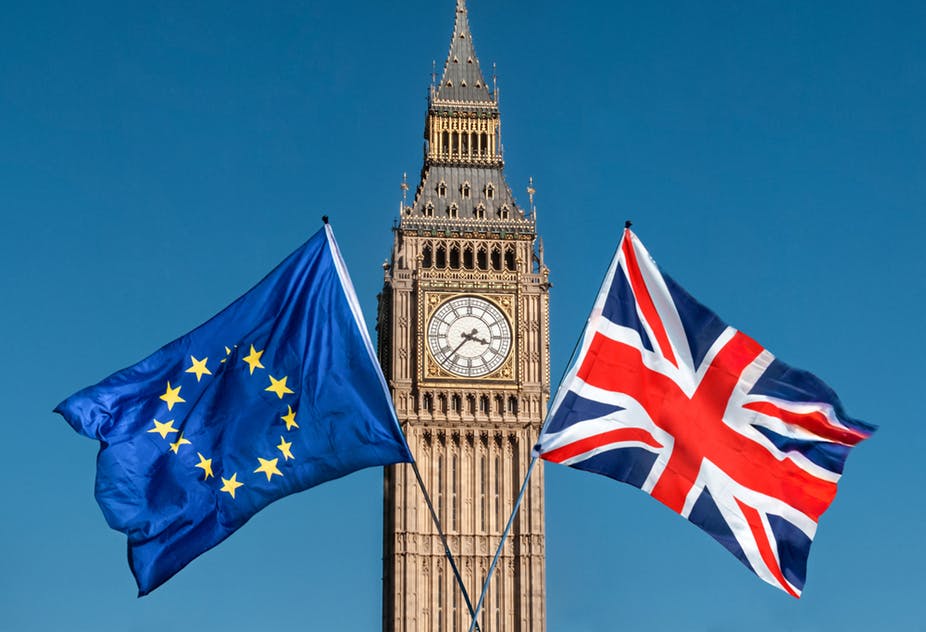What is Brexit? Everything You Need to Know about Britain Leaving the European Union

Brexit has finally happened. Britain has left the European Union on January 31, 2020; nevertheless, there are still months of negotiation to come. Although the UK has accepted the terms of departing from the EU, both sides still need to make a decision on their future relationship. For people, who don’t know about the twists and turns of Brexit, here is all you need to know about what is Brexit and what are the conditions of Britain leaving the European Union.
Brexit
What is Brexit? Brexit refers to the exit of Britain or the United Kingdom, leaving the European Union.
In June 2016, public voting (referendum) was done regarding Brexit, and 17.4 million people were in favor of Brexit. It means 52% of people opted for Brexit, and the remaining 48% were not in favor of the decision.
European Union
The European Union is a political and economic union comprising 28 countries of Europe. It facilitates free trade to the countries, which means it allows the countries to move goods between the member countries without any extra charges or checks. Moreover, it also allows the free movement of people between member countries to work and live in the country of their choice.
Outcomes of Britain leaving the European Union
The UK became a member of the EU in 1973, and it is the first nation to withdraw. Britain left the European Union formally on January 31, 2020, but a lot of negotiation is still to be made.
The negotiation terms will be decided during the transition period, also known as the implementation period. The transition period started immediately after the day of Brexit, and it will end on December 31, 2020.
The UK will follow the rules of the EU during the time period of 11 months. Moreover, the trading relationship between both sides will be the same during the transition period.
The transition period is supposed to provide both the side with breathing space until the negotiation of the new free trade agreement.
Apart from the trade, the transition periods will also include decision making on other aspects of the UK-EU relationship in the future. For instance:
- Licensing of the medicines
- Data sharing and security
- Law enforcement
- Electricity and gas supplies
- Aviation safety and standards
Goals of the UK
The goals of the UK are straightforward in the papers. The demands of the UK include an agreement with the European Union like the one Canada enjoys. The EU deal with Canada is substantial. It removes most of the tariffs on trade of goods between the two. Nevertheless, it includes a lesser part of the financial services, which is the most crucial sector of the British economy.
More than trade, the Prime Minister of the UK, Boris Johnson, wants to guarantee the independence of the UK from Brussels.






